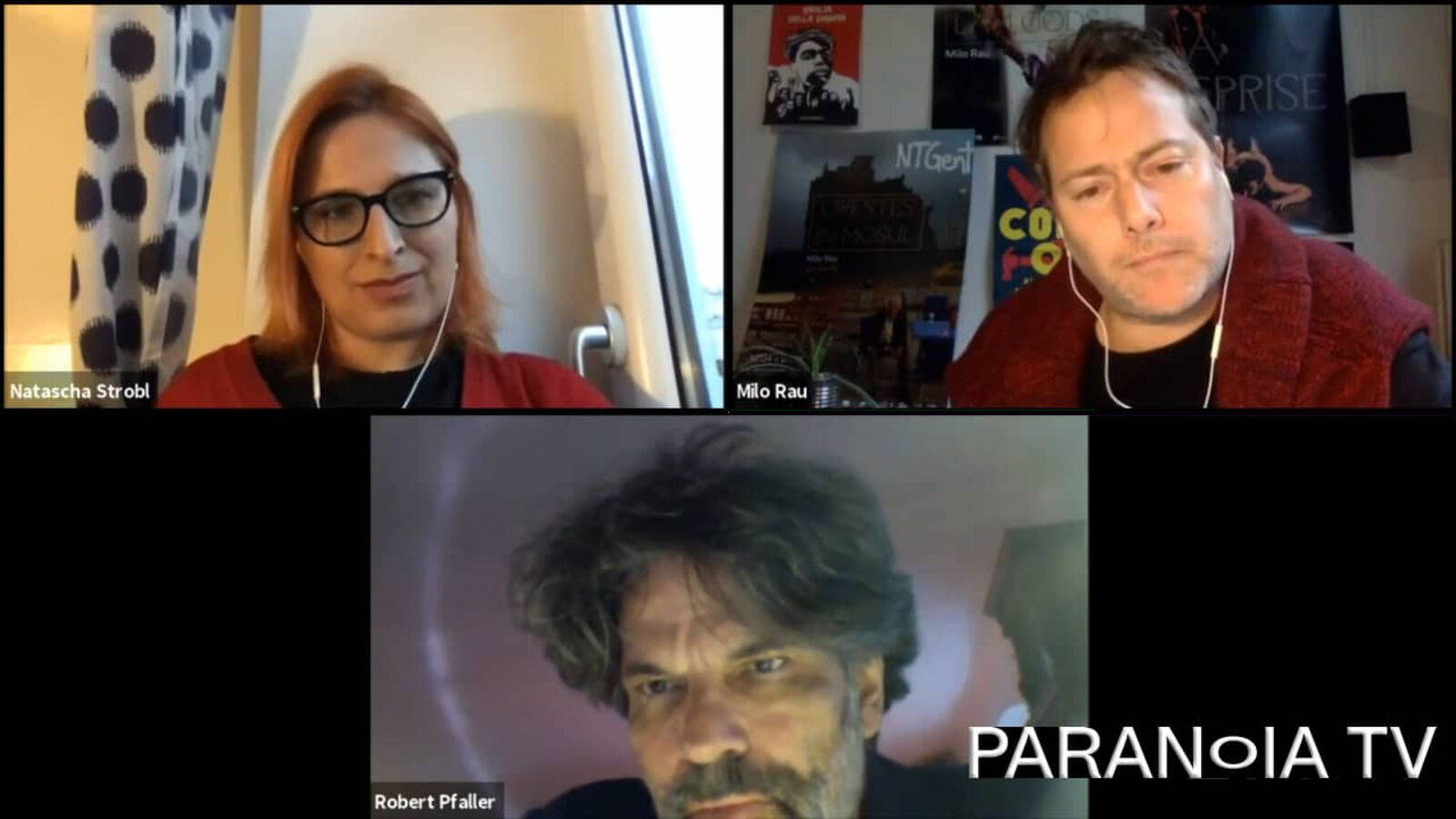The Paranoia of the Western Mind
Discussion
17.10., 18:00
Live online
In English
Credits
Commissioned and produced by steirischer herbst '20
This discussion is part of School of Resistance, a coproduction between NTGent, IIPM and Akademie der Künste, Berlin.
With the kind support of Kulturstiftung des Bundes and the Embassy of Switzerland in Austria
Achille Mbembe, one of the most important African thinkers of our time, has been known in German-speaking countries since this spring mainly because of a scandal. After comparing Israeli occupation policy with South African apartheid, a complex debate began. Once again, the so-called postcolonial perspective (known for its transhistorical comparison of political and especially colonial violence) clashed with a perspective centered on the “incomparability” of the inner-European genocide (the Holocaust), elevated to a moral imperative. Even if the writings of Mbembe were misread: the longer the debate lasted, the more irreconcilable the two perspectives became. What lies behind the obvious incapacity of the Western mind to recognize non-European comparisons or even universals? What are the historic, political, and topical sources of this paranoia? Starting from such questions, the discussion will focus on Mbembe’s intellectual work about statehood, violence, death, slavery, capital, sexuality, urbanity, and political economies of brutality, which are imagined and objectified by race, racism, and colonialism.
Bio
Milo Rau (1977, Bern, Switzerland) is a theater director, journalist, essayist, and lecturer. His work as a director and a columnist addresses and reconstructs key moments in recent history and tackles its most controversial problems with an original form of documentary theater. He lives in Ghent.
Achille Mbembe (1957, Otélé, Cameroon), is a philosopher, political theorist, and public intellectual. He is one of the most important living authors on the aftereffects of colonialism. He coined the term “necropolitics” to describe the management of death and destruction associated with colonial dominance and genocide. He lives in Johannesburg.
Credits
Commissioned and produced by steirischer herbst '20
This discussion is part of School of Resistance, a coproduction between NTGent, IIPM and Akademie der Künste, Berlin.
With the kind support of Kulturstiftung des Bundes and the Embassy of Switzerland in Austria

